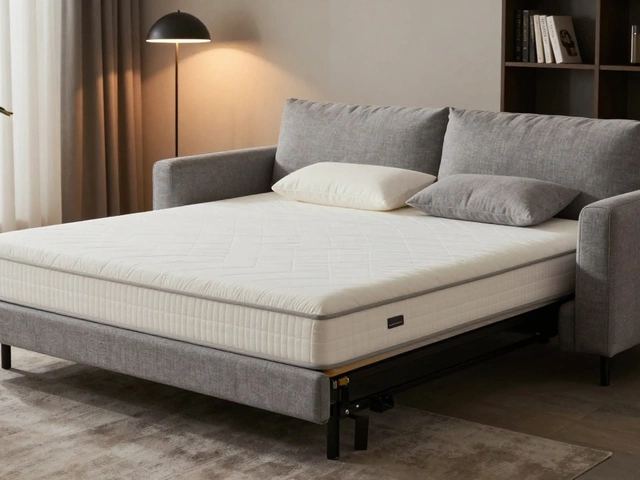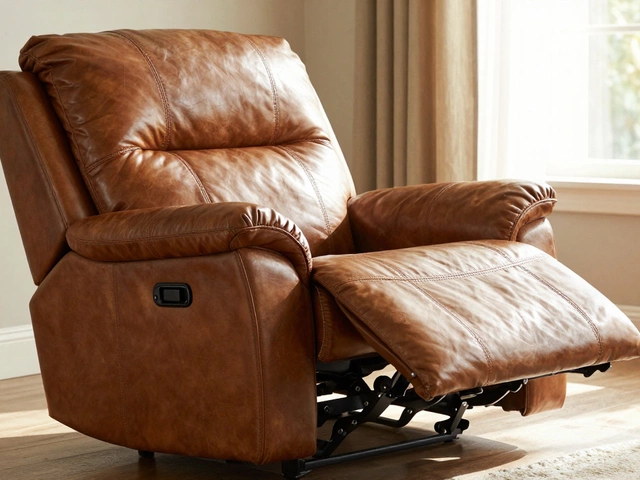Couch Sleep vs Bed: Which Wins for a Restful Night?
Ever wondered if crashing on the couch is actually okay? Maybe you’re short on space, don’t want a extra mattress, or just love the casual vibe. Before you settle in, let’s break down what a couch gives you compared to a proper bed.
Pros and Cons of Sleeping on a Couch
Space saving. A couch folds into your living room, so you skip the bedroom furniture. That’s a huge win for studio apartments or guest rooms.
Easy conversion. Pull the cushions aside, roll a blanket, and you’re ready. No need to set up a futon or pull out a pull‑out bed.
Cost. You already own the couch, so you don’t spend extra on a mattress or a frame.
Downside – support. Most sofas are built for sitting, not lying flat. The seat cushions can be too soft or too firm, leading to a sore back or hips after a few hours.
Downside – size. A typical three‑seat couch is about 80‑90 cm deep. That’s tight for anyone taller than 5'8" and can feel cramped for couples.
Downside – durability. Couches aren’t designed for nightly wear. The upholstery may wear out faster, and the springs can lose their bounce.
When a Bed Is Still the Best Choice
Full‑body support. Beds have a uniform surface that keeps your spine aligned. That matters if you have back pain or want a deeper sleep cycle.
Temperature control. Mattress materials often breathe better than couch fabric, helping you stay cool.
Long‑term health. Consistently sleeping on a couch can cause posture issues, joint strain, and even affect circulation.
Space for movement. A bed gives you room to stretch, turn, and change positions without hitting armrests.
Better for couples. Sharing a bed means each person gets their own space; a couch forces you both into a tight zone.
How to Make Couch Sleep Work When You Have To
If you decide a couch will do for a night or two, follow these simple tricks:
- Lay a firm mattress topper or a thick yoga mat on the seat to add even support.
- Use a low‑profile pillow that keeps your head at a comfortable height without pushing you forward.
- Position the couch against a wall to eliminate the gap behind you, reducing the chance of rolling off.
- Keep the room cool and add a light blanket so you don’t overheat on the fabric.
- Choose a couch with a removable cushion if possible; you can spread it out to increase depth.
These hacks turn a regular sofa into a passable sleeping spot without compromising too much on comfort.
In the end, the choice comes down to how often you need to sleep there and what your body needs. One night on the couch is fine, but for regular, quality rest, a bed still beats a couch hands down. Use the tips above if space forces you into couch‑sleep mode, and you’ll avoid the common aches that usually follow.
Is Sleeping on a Couch Every Night Bad for You? Expert Insights & Tips
Get real talk about sleeping on a couch every night: the real effects on your body, tips for making it safer, and why your back might be complaining.





